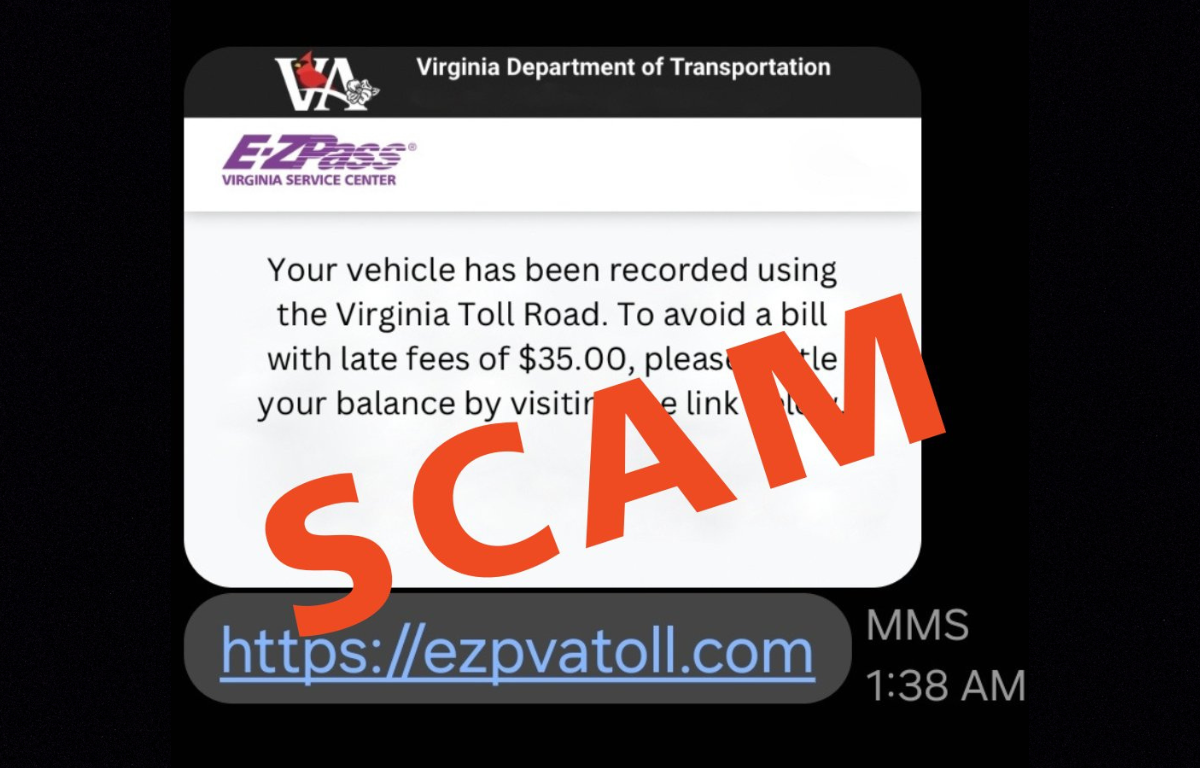CHARLOTTESVILLE, VA (CVILLE RIGHT NOW) – AARP Virginia urges extreme caution avoiding fraud as they point out Federal Trade Commission numbers estimating theft through fraud in 2023 in the United States may have been as high as $158.3-billion. AARP Virginia community ambassador Martin Bailey points out if “fraud” was a company, it would be top-40 in revenue.
“So that will be something like $434-milion-a-day or something like $300,000 every minute, and that gives you an idea how big fraud is”, Martin told CvilleRightNow.com.
“In the presentations I do, I take it to a worldwide system. And if fraud was a GNP, fraud would be the third-largest nation in the world, only exceeded by the United States and Red China.”
Bailey, a AARP Virginia volunteer who counsels victims of fraud in the Commonwealth, feels these figures are not necessarily to top figure since only between 4-and-10-percent of fraud are reported.
The top two or three scams stay pretty much the same with imposter scams he sees as the biggest one. Some others are romance, tech, and investment.
“Most of them really start out with a phish”, Bailey said.
“In fact, one of the retired FBI agents who’s a cybersecurity specialist said he’s never seen a scam that doesn’t start out with a phish.”
“A phish is more or less a scam trying to get information from us, or trying to get connected to us somehow. And that could be by text message, email, phone, they’re using QR codes now.”
Bailey said scammers find out an interest someone has and starts a conversation that at some point will lead into a financial scam. That appeal will evoke an emotion in the victim that makes them more prone to act. It could be a negative emotion or positive emotion.
He cautions AI is making scams more convincing. One of the fast-growing ones, seen a lot among more elderly people, is grandparent scams where the scammer may have found a voice sample of a grandchild, then might manufacture that voice into an AI call of that grandchild telling their grandparent they’re in jail and need to send money. Bailey said a scammer only needs to collect a small voice sample on social media or some other entity to construct an entire dialogue. Scammers increasingly request cryptocurrency, and they have often over the past years urged gift cards.
The good news from AARP Virginia is “we see more policymaker concern at the federal and state levels. The Aspen Institute has taken on a nationwide initiative to create the first US national fraud strategy (AARP is deeply involved), and a new nonprofit, the National Elder Fraud Coordination Center (NEFCC), launched in April to help bring an organized crime lens to fraud investigations. The goal is to build large cases for investigation, arrest and prosecution of fraud criminals to seek justice for victims.”
AARP urges anyone who hears about or experiences a scam to share what you know. That may help the next fraud target from becoming the next fraud victim. Bailey urges anyone who gets a communication to think first. Take the initiative to make a phone call, or use another communication method than how an unsolicited message or appeal came. Report scams to local law enforcement. And for help from AARP, call 1-877-908-3360, or visit the AARP Fraud Watch Network by clicking here.



